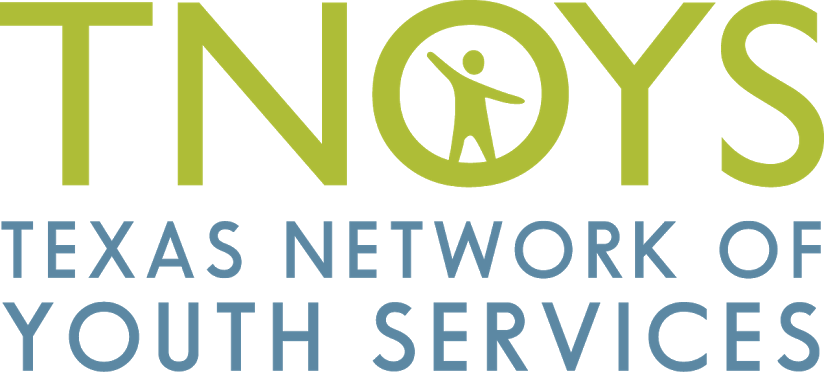
Access to mental health care is incredibly important for systems-involved youth and young adults (YYA), especially as they transition out of systems and into adulthood. However, many YYA encounter a range of barriers when it comes to getting the care they need.
TNOYS has listened to and learned from hundreds of systems-involved YYA about challenges when accessing behavioral health care, including cost, a lack of reliable transportation, and minimal youth-friendly resources for understanding health insurance benefits and options.
TNOYS recently sat down with Montoya Thomas about her experience. Montoya currently serves on TNOYS’ Youth Adult Leadership Council (YALC), and is a strong advocate for youth voice and youth-adult partnerships. Read on to learn about Montoya’s experience with accessing mental health care while in the foster care system and her advice to providers, youth and young adults.
TNOYS: When you were in the foster care system, what did access to mental health care look like?
Montoya: From ages 6-13, I received therapy and I had frequent visits to the hospital. The therapy was provided through Medicaid and was court-mandated due to the abuse I experienced. From ages 13-18, I was living at a Residential Treatment Center (RTC); the school was there, the doctor was there, and I was with staff 24/7. I had a psychiatrist that listened to me and adjusted my medication if I was losing sleep or if I had any behavioral changes that affected me during school hours.
I got comfortable being in the system. So it took me a minute to get out of the “caged mindset” when it was time for me to transition out. I had to adjust to being outside. I guess most youth relapse at this time, and for me, I definitely needed therapy when I left, to adjust, to adapt outside to the real world. Once I left, I had to do everything myself.
TNOYS: Do you feel like you received proper education about mental health while in the system?
Montoya: I didn’t feel like I received enough. Had I known how to identify what good mental health was, things could’ve been better. At the RTC, any sign of questioning authority was seen as talking back. So when it came to talking about how I felt, I would just talk to my therapist instead but not necessarily the staff because you get write-ups. It made me hesitant to open up about things. So now that I’ve gotten used to that, certain things I don’t even want to bring up because of what happened in the past. So unless it’s one-on-one with a person that I feel comfortable with, I’m mostly just writing things down.
TNOYS: What challenges did you face when seeking out support for your mental health needs when you transitioned out of the RTC?
Montoya: It was always a challenge to go see the psychiatrist, get on the proper medication- and when I would try to schedule appointments the phone line was always busy. I feel like if I had someone to help me, it would’ve made a difference. It was just deemed that I’m supposed to figure everything out or expected to do everything myself because I’m “of age”, and a lot of staff would tell me that “I can handle it”. But with my trying to balance everything, with work and school, and transitioning from one place to another, I was really overwhelmed.
For example, I would have health appointments scheduled to get my medication, but then I had to figure out how to get off of work due to scheduling. And my fear was being without a job and being homeless. So I would reschedule, putting my health on the backburner. I also wasn’t able to take my medication at the prescribed time because of work, and I was struggling with insomnia and already not getting enough sleep at the time. It got to the point where I went off on everybody and an officer had to take me to the hospital where I was able to finally get some rest, eat a regular portion of food, and be monitored.
TNOYS: What recommendations do you have to make mental health care more accessible for foster youth?
Montoya: Updating the in-network provider list; making sure they update who we can go to and who we can’t— because that’s time that we have to take off from work and school to get services. I would call the insurance number found on the back of my insurance card, and my insurance would tell me that they do cover that provider. But then I would get all the way up to the provider office, only to have the provider say no, they used to take this insurance, but now they don’t.
TNOYS: What recommendations do you have for youth for when they age out of care, to ensure their mental health needs are met?
Montoya: Make sure you have transportation and figure out where everything is before taking off, because it’s time-consuming to get anywhere. Through Medicaid, they do provide transportation but you need to schedule three days in advance for them to pick you up and confirm with transportation that they are able to pick you up from the Doctor after the appointment is over.
